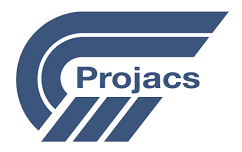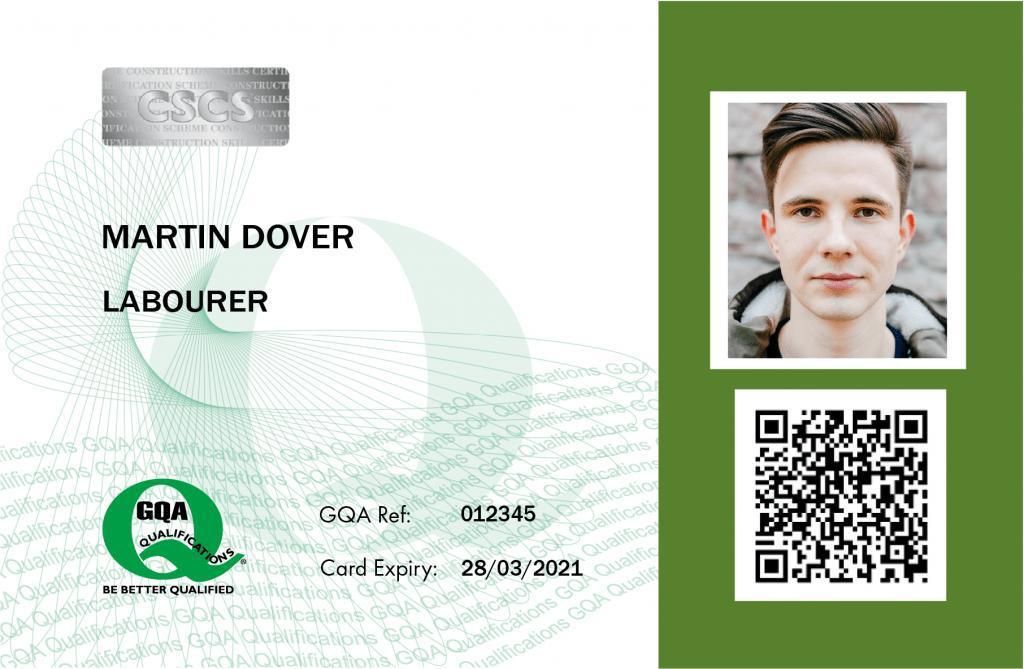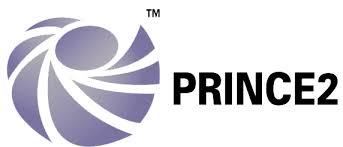
Strategic Planning, Business Plan Developments and Decision-Making During Crises
Course ID: 2507072101070EGI
Course Dates : 07/07/25 Course Duration : 5 Studying Day/s Course Location: Amsterdam, Netherland
Language: Bilingual
Course Category: Professional and CPD Training Programs
Course Subcategories: Operations and Process Excellence
Course Certified By: * Projacs Academy
* Professional Training and CPD Programs
Certification Will Be Issued From :
KSA
Course Fees: £4,838.34
Vat Not Included in the price. VAT may vary depending on the country where the course or workshop is held.
Click to Pay
Date has passed please contact us Sales@e-s-hub.com
Course Information
Introduction
Strategic planning and business plan development are foundational pillars of organizational success, particularly during periods of uncertainty and crisis. These processes enable businesses to navigate complex challenges while maintaining focus on long-term goals. The ability to anticipate disruptions, adapt swiftly, and make informed decisions is not merely a competitive advantage but a necessity in an increasingly volatile global environment. Organizations that fail to integrate strategic foresight into their operations often find themselves unprepared for crises, leading to diminished resilience and missed opportunities. This course addresses the critical intersection of strategic planning, business plan development, and decision-making under pressure, equipping participants with tools to thrive in adversity.
Crises, whether economic downturns, geopolitical instability, or unforeseen disruptions like pandemics, test the mettle of even the most robust organizations. Such events demand a recalibration of priorities, resource allocation, and operational frameworks. Strategic planning serves as a roadmap, ensuring that organizations remain aligned with their core mission while adapting to external pressures. Simultaneously, effective business plans provide actionable steps to achieve objectives, even when circumstances evolve rapidly. By understanding how these elements interconnect, professionals can foster organizational agility and maintain stakeholder confidence during turbulent times.
The significance of this subject extends beyond theoretical knowledge; it encompasses practical skills that are indispensable for modern leadership. Leaders must balance analytical rigor with creative problem-solving to devise strategies that are both visionary and executable. Moreover, decision-making during crises requires a unique blend of data-driven insights, emotional intelligence, and ethical considerations. This course delves into these dimensions, offering participants a comprehensive framework to address real-world challenges with clarity and confidence.
Challenges abound in the realm of strategic planning and crisis management. One common hurdle is the tendency to prioritize short-term survival over long-term sustainability, which can lead to myopic decision-making. Another challenge lies in aligning diverse stakeholders around a unified vision, particularly when resources are constrained. Additionally, the rapid pace of change in today’s business landscape necessitates continuous learning and adaptation. This course provides participants with methodologies to overcome these obstacles, fostering a proactive rather than reactive approach to crises.
The benefits of mastering strategic planning and crisis decision-making are manifold. Organizations led by individuals equipped with these competencies are better positioned to seize opportunities amidst chaos, mitigate risks, and sustain growth. On a personal level, participants will enhance their leadership capabilities, gaining recognition as strategic thinkers capable of guiding teams through adversity. Furthermore, the course emphasizes ethical decision-making, ensuring that actions taken during crises uphold integrity and accountability, thereby safeguarding organizational reputation.
This program is designed to bridge the gap between theory and practice, offering a blend of case studies, interactive exercises, and expert insights. Participants will emerge with a deeper understanding of how to craft resilient strategies, develop robust business plans, and make sound decisions under pressure. By investing in this training, professionals will not only elevate their own careers but also contribute to the enduring success of their organizations. The course represents an invaluable opportunity to acquire skills that are increasingly sought after in a world defined by complexity and change.
Objectives
By attending this course, participants will be able to:
Develop comprehensive strategic plans that incorporate risk assessment and contingency measures for crises.
Create actionable business plans aligned with organizational goals, ensuring adaptability in dynamic environments.
Apply advanced decision-making frameworks to evaluate options and implement solutions during high-pressure scenarios.
Utilize data analytics and scenario planning tools to anticipate potential disruptions and formulate proactive responses.
Foster collaboration among cross-functional teams to ensure alignment and execution of strategic initiatives.
Integrate ethical considerations into decision-making processes, ensuring compliance with regulatory standards and societal expectations.
Build personal and organizational resilience by cultivating a mindset geared toward innovation and adaptability.
Who Should Attend?
This course is ideal for:
Senior executives and managers responsible for strategic direction and organizational performance.
Entrepreneurs seeking to refine their business plans and enhance their ability to navigate crises.
Consultants and advisors who assist organizations in developing strategies and managing change.
Risk management professionals tasked with identifying and mitigating threats to business continuity.
Public sector leaders and policymakers involved in crisis response and community resilience initiatives.
Individuals pursuing Continuing Professional Development (CPD) credits to advance their careers in leadership and strategy.
Participants from industries such as finance, healthcare, technology, manufacturing, and non-profits will find the content highly relevant and applicable to their roles.
Training Method
• Pre-assessment
• Live group instruction
• Use of real-world examples, case studies and exercises
• Interactive participation and discussion
• Power point presentation, LCD and flip chart
• Group activities and tests
• Each participant receives a 7” Tablet containing a copy of the presentation, slides and handouts
• Post-assessment
Program Support
This program is supported by:
* Interactive discussions
* Role-play
* Case studies and highlight the techniques available to the participants.
Daily Agenda
The course agenda will be as follows:
• Technical Session 08.30-10.00 am
• Coffee Break 10.00-10.15 am
• Technical Session 10.15-12.15 noon
• Coffee Break 12.15-12.45 pm
• Technical Session 12.45-02.30 pm
• Course Ends 02.30 pm
Course Outlines
Foundations of Strategic Planning
Principles of strategic planning and its role in organizational success.
Conducting environmental scans: PESTLE and SWOT analyses.
Identifying key drivers of change and their implications for strategy formulation.
Aligning strategic objectives with organizational vision and mission statements.
Day 2:
Crafting Resilient Business Plans
Components of an effective business plan: Executive summary, market analysis, and financial projections.
Incorporating flexibility into business plans to accommodate unforeseen disruptions.
Leveraging competitive advantage to differentiate offerings in challenging markets.
Tools for monitoring and evaluating business plan implementation.
Day 3:
Decision-Making Frameworks During Crises
Cognitive biases and their impact on decision-making under pressure.
Structured approaches to decision-making: Cost-benefit analysis, decision trees, and multi-criteria evaluation.
Crisis communication strategies to maintain stakeholder trust and transparency.
Ethical dilemmas in crisis management: Balancing profitability with social responsibility.
Day 4:
Scenario Planning and Risk Mitigation
Introduction to scenario planning and its application in strategic foresight.
Techniques for identifying and prioritizing risks in uncertain environments.
Developing contingency plans and recovery strategies.
Case studies of organizations that successfully navigated crises through proactive planning.
Day 5:
Building Organizational Resilience
Leadership qualities essential for guiding teams through crises.
Fostering a culture of innovation and adaptability within organizations.
Measuring and enhancing organizational resilience using key performance indicators (KPIs).
Action planning: Creating a personalized roadmap for applying course learnings in participants’ professional contexts.


















































